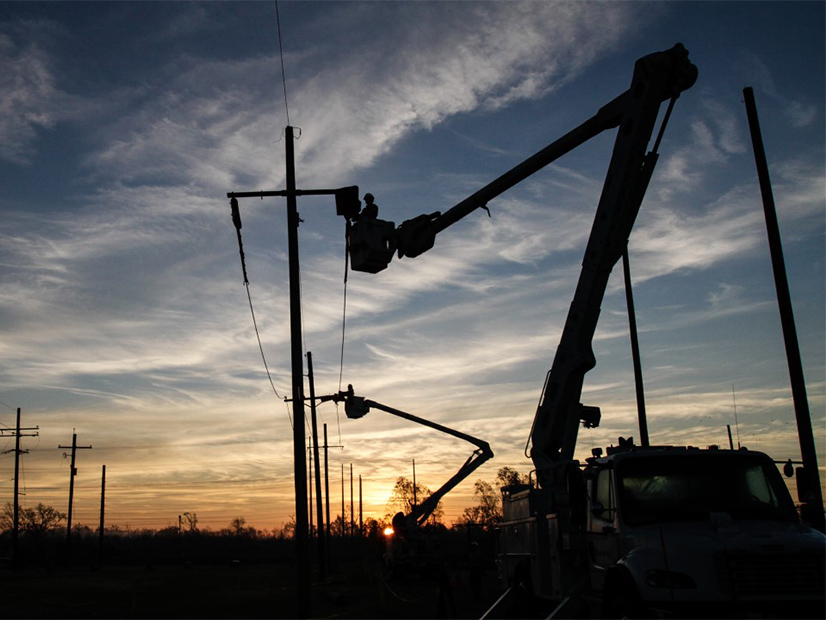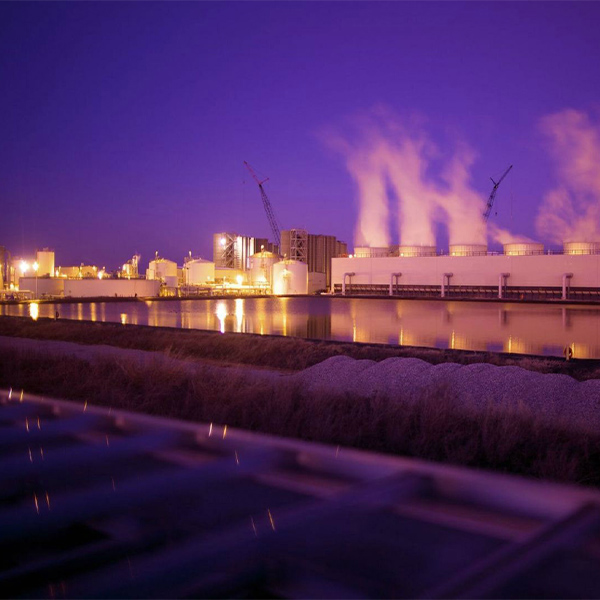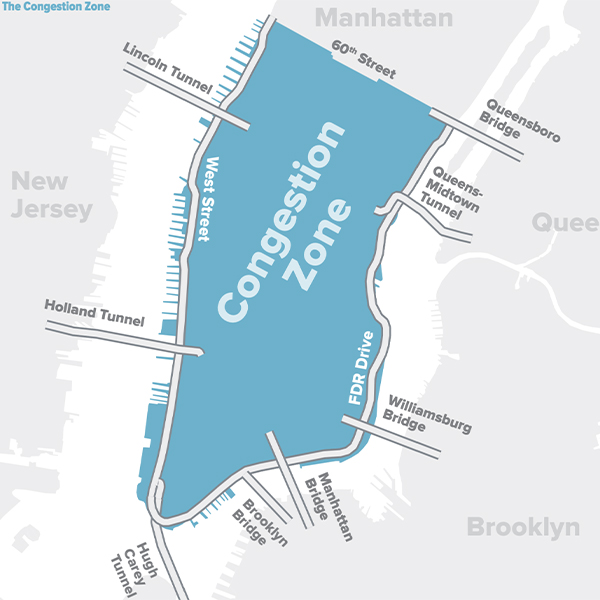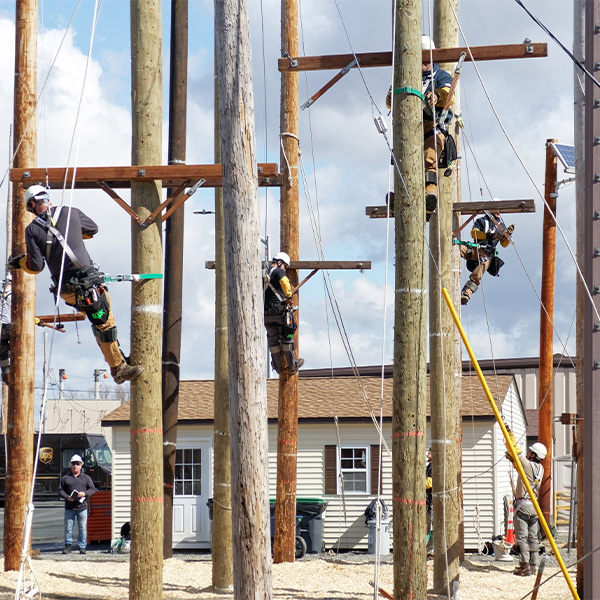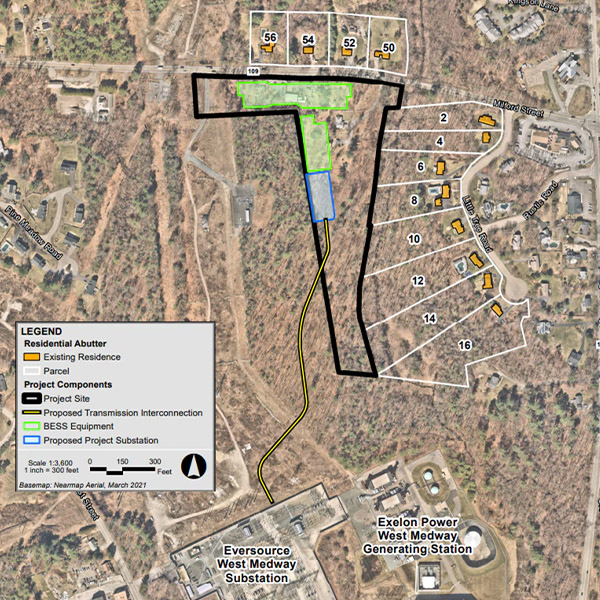Public Policy
Environmental RegulationsReliabilityState & RegionalAlabamaAlaskaArizonaArkansasCaliforniaColoradoConnecticutDelawareDistrict of ColumbiaFloridaGeorgiaHawaiiIdahoIllinoisIndianaIowaKansasKentuckyLouisianaMaineManitobaMarylandMassachusettsMichiganMinnesotaMississippiMissouriMontanaNebraskaNevadaNew HampshireNew JerseyNew MexicoNew YorkNorth CarolinaNorth DakotaOhioOklahomaOntarioOregonPennsylvaniaRhode IslandRTO-IndianaSouth CarolinaSouth DakotaTennesseeTexasUtahVermontVirginiaWashingtonWest VirginiaWisconsinWyoming
Entergy's Texas subsidiary struck a rate case settlement with state regulators to recover $2.3 billion for grid-modernization improvements it has completed.
Utility regulators should not view planning for the grid’s transition as a political act, FERC Commissioner Allison Clements told the EBA's annual meeting.
LS Power said it reached an agreement with Brazos Electric Power Cooperative to acquire 2.15 GW of its gas-fired generation in the ERCOT market.
The EPA administrator said his agency’s proposed CO2 emission standards for power plants target “the most egregious sources” without compromising reliability.
The Federal Highway Administration approved the environmental assessment for New York City’s proposed congestion pricing plan.
One at a time, New York apprenticeships and vocational schools are training the thousands of workers needed to meet the state's ambitious clean energy goals.
Biden may not agree with all provisions in Sen. Manchin’s permitting bill, but he will support it to start negotiations in the Senate, a key adviser said.
The agency determined that it lacks jurisdiction over battery energy storage systems, referring such projects to the state's Department of Public Utilities.
California's Air Resources Board took one of its first steps toward a potential statewide ban on sales of new gas-powered space and water heaters for buildings.
EPA announced proposed rules to reduce CO2 emissions from coal and gas power plants by requiring them to use carbon capture and co-firing of hydrogen.
Want more? Advanced Search
